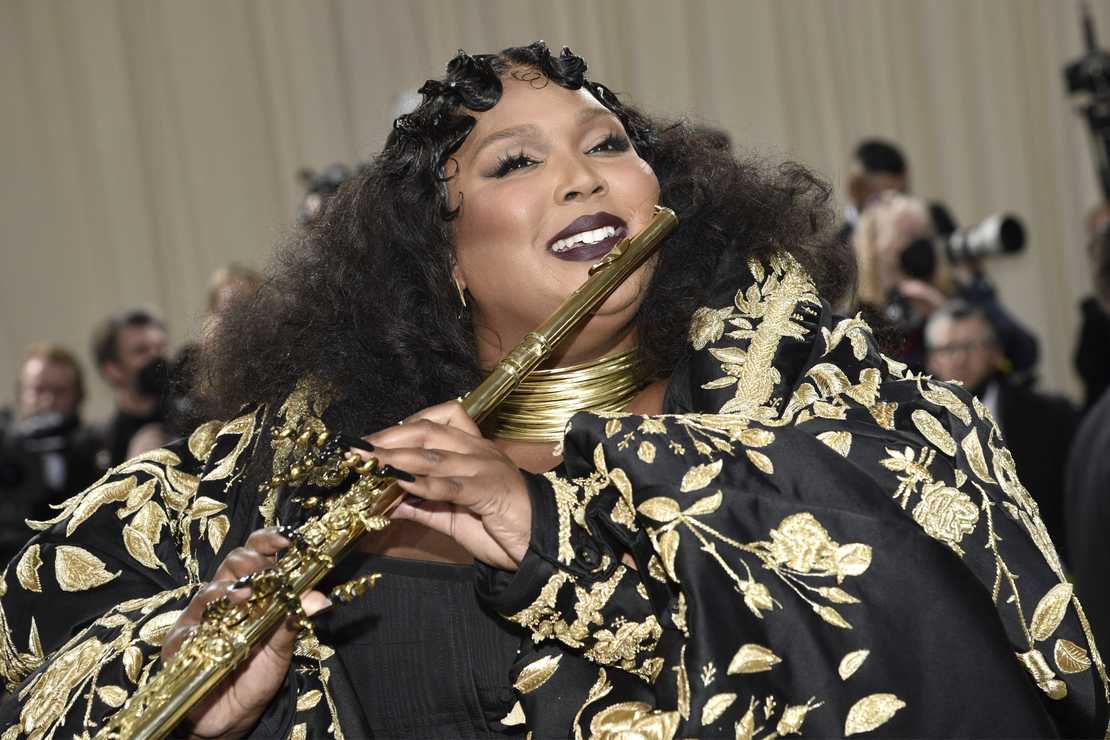Lizzo has been making headlines recently for her recent claims that she is oppressed.
“Your vote means everything to me, it means everything to making a change in this country,” she said during MTV’s Video Music Awards. “When you’re voting for your favorite artist, vote to change some of these laws that are oppressing us.”
Lizzo while accepting the Video for Good award at the #VMAs:
“Your vote means everything to me, it means everything to making a change in this country … When you’re voting for your favorite artist, vote to change some of these laws that are oppressing us.” pic.twitter.com/19UpJv3rkD
— The Recount (@therecount) August 29, 2022
How exactly is she oppressed? Is her private jet not big enough for her ego? She’s experiencing tough times? She never actually explained how she is being oppressed. Why not? Because she isn’t oppressed.
The fact is that Lizzo’s “oppression” is part of her brand. Being a “victim” makes you deep and empathic, and, when you’re a filthy rich celebrity, it gives you social justice cred. It’s working for her; she’s reportedly worth $12 million, so I guess self-righteous victimhood pays well.
I honestly hadn’t heard of her until maybe a year or two ago, but she apparently has been a name in the music industry for a decade. Since she doesn’t meet the stereotypical standards of beauty (I’m not being mean; I’m just being honest), she’s (perhaps wisely) turned herself into a symbol of the “pro-fat” movement and found a way to profit from it. In addition to cutting records and whining about how oppressed she is, earlier this year, Lizzo launched her own line of “size-inclusive” or “body positive” shapewear called Yitty.
She “announced” the launch of Yitty by boarding a private jet and wearing black leggings with butt cutouts, putting her plump rump on full display, cellulite and all. I showed it to you once before and you should appreciate that I won’t show you again.
According to Yitty’s website, the brand is “based on the principles of self-love, radical inner confidence, and effortless, everyday wear,” and boasts an “industry first: no-shame, smile-inducing shapewear designed for all body types from size 6X to XS, centered around self-love.”
You can call me crazy, but I believe that “no shame” is the root of the problem. Are we not allowed to warn people about their unhealthy lifestyles? According to Lizzo and her believers, that’s apparently the case. The debate over the unrealistic beauty standards of Hollywood or the modeling industry is certainly valid, I can remember when impossibly thin models were causing controversy and were held responsible for an upsurge in anorexia and bulimia among adolescent girls.
So it’s a real problem when celebrities like Lizzo equate obesity with sexiness and beauty. Most people don’t look like the super slim models that were regularly featured on magazine covers in the past, but celebrating obesity is no better than celebrating unhealthily thinness. And let’s not pretend the “body positivity” movement isn’t a brainchild of the left — the same crowd that mocked Donald Trump for his weight while he was in office.
We can teach young people to be respectful of others and to be comfortable with who they are without condoning unhealthy lifestyles. Approximately 42% of adults in the United States are obese, while 77% are considered overweight, according to the Centers for Disease Control (CDC). In other words, healthy people are in the minority in the country. Twenty percent of children are also considered overweight or obese. In Lizzo’s ideal of America, this is a feature, not a bug, But it’s a bug — a bad, super unhealthy bug.
